Spray Insulation For Basement Walls
Spray insulation for basement walls. We like to use a all purpose adhesive thats approved for styrofoam products. If you plan to insulate your basement walls with spray foam the best approach is to frame your 24 walls before the foam is sprayed leaving a gap of 1-12 in. In most cases spray foam insulation will be used in the basement walls unless the drywall has already been put up.
Spray foam creates an air barrier that will seal up your basement to stop the outside air from getting in. Walls Matrix Basement 1100 square foot basement. Tips to Sell Quality Installed Home Improvements.
Use foam insulation the best way to insulate the interior side of a basement wall is with foam insulation that is adhered to or sprayed directly on the concrete. Simply attach the applicator and pull the trigger on the can. Spray foam insulation doesnt retain water so it also doesnt promote mold or mildew growth.
Here at Concord Carpenter we strongly recommend using Closed Cell spray foam to insulate a below-grade basement wall. When the basement wall is insulated from the interior there are a few different ways to achieve minimum R-values. Insulate a foundation wall by adding spray foam insulation to the interior side as follows.
Basement Spray Foam Insulation Pros. Studies have shown it only takes a handful of years to recoup this initial investment but the benefits of spray foam insulation in your basement will last a lifetime. For exposed foundation walls spray foam or rigid foam panels can be applied directly or a framed assembly can be constructed then filled with batt or blown-in insulation and finished with drywall.
The only type of insulation that makes sense for stone-and-mortar walls is closed-cell spray polyurethane foam. Spray foam insulation forms an impermeable barrier. Inspect the existing foundation wall for any deficiencies and make any necessary corrections including fixing any water intrusion or moisture issues in the basement crawlspace or along the foundation wall prior to commencing the retrofit work.
If spray foam is used then theres the. This article illustrates the three most common options.
Closed Cell Spray Polyurethane Foam CCSPF when installed properly by a trained.
Tips to Sell Quality Installed Home Improvements. Tips to Sell Quality Installed Home Improvements. Inspect the existing foundation wall for any deficiencies and make any necessary corrections including fixing any water intrusion or moisture issues in the basement crawlspace or along the foundation wall prior to commencing the retrofit work. This article illustrates the three most common options. Before you start installing insulation go around your basement and use caulk and spray foam to plug any gaps or cracks between the masonry and the framing as well as around any pipes or wires that penetrate through the masonry or framing. Closed cell spray foam is perfect for locking out the water vapor that inherintely wants to migrate from your damp basement walls. If you plan to insulate your basement walls with spray foam the best approach is to frame your 24 walls before the foam is sprayed leaving a gap of 1-12 in. For finished basements holes can be drilled and insulation blown into the framing cavities. Walls Matrix Basement 1100 square foot basement.
Studies have shown it only takes a handful of years to recoup this initial investment but the benefits of spray foam insulation in your basement will last a lifetime. Use appropriate insulation tools and accessories such as drop cloths and ladder protectors where necessary. Conditioned basement space has a never-ending battle against moisture gain and heat loss. Studies have shown it only takes a handful of years to recoup this initial investment but the benefits of spray foam insulation in your basement will last a lifetime. When wood frames the walls on the interior side and concrete makes up the exterior wall spray foam fills in all those spaces between wall studs and the basement ceiling. Spray foam creates an air barrier that will seal up your basement to stop the outside air from getting in. The only type of insulation that makes sense for stone-and-mortar walls is closed-cell spray polyurethane foam.
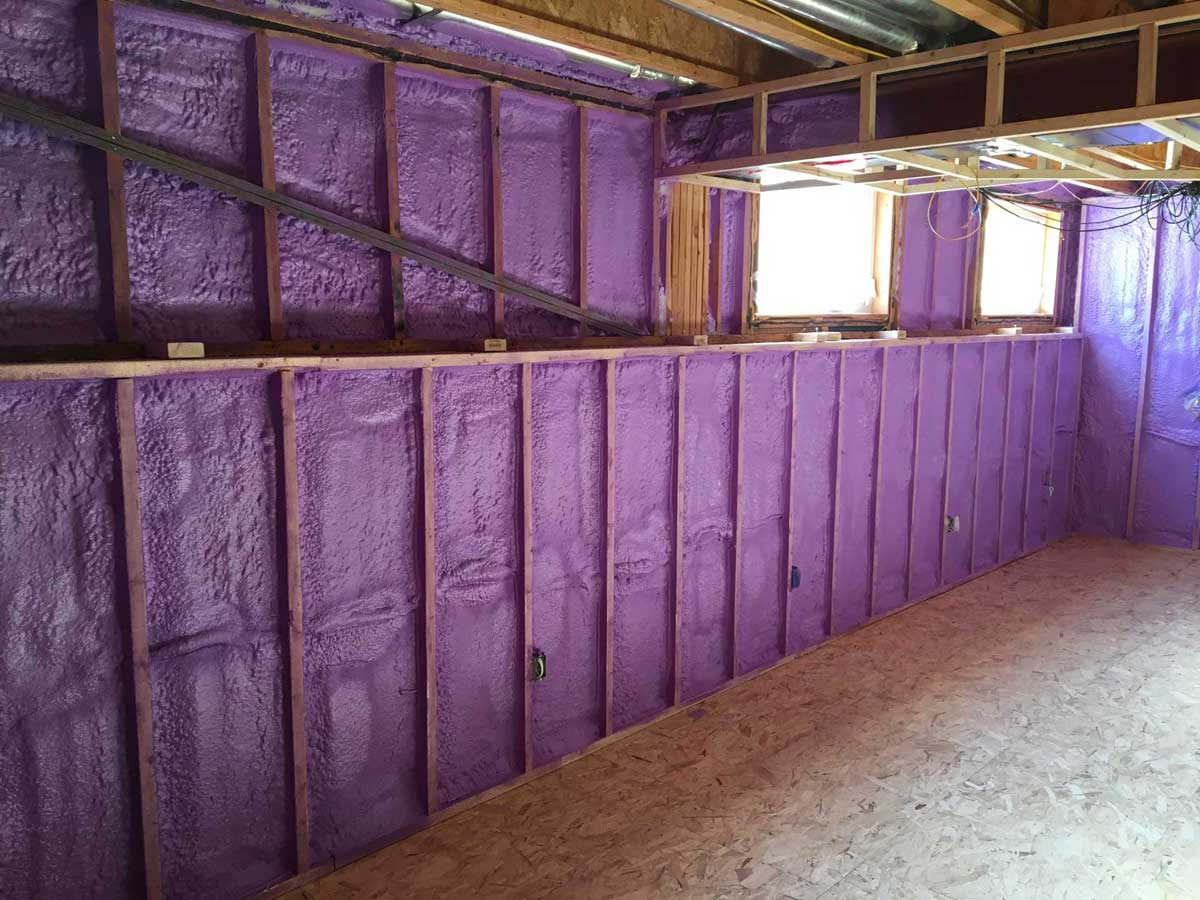
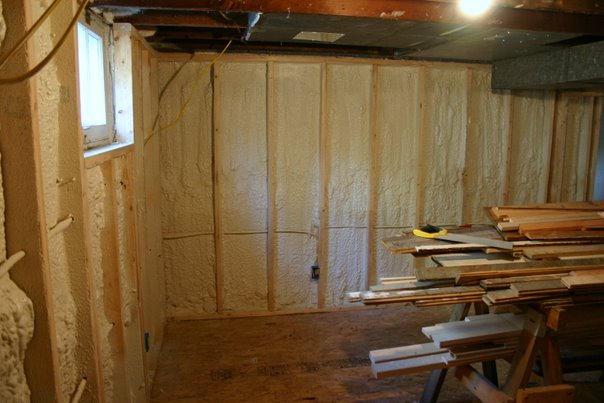





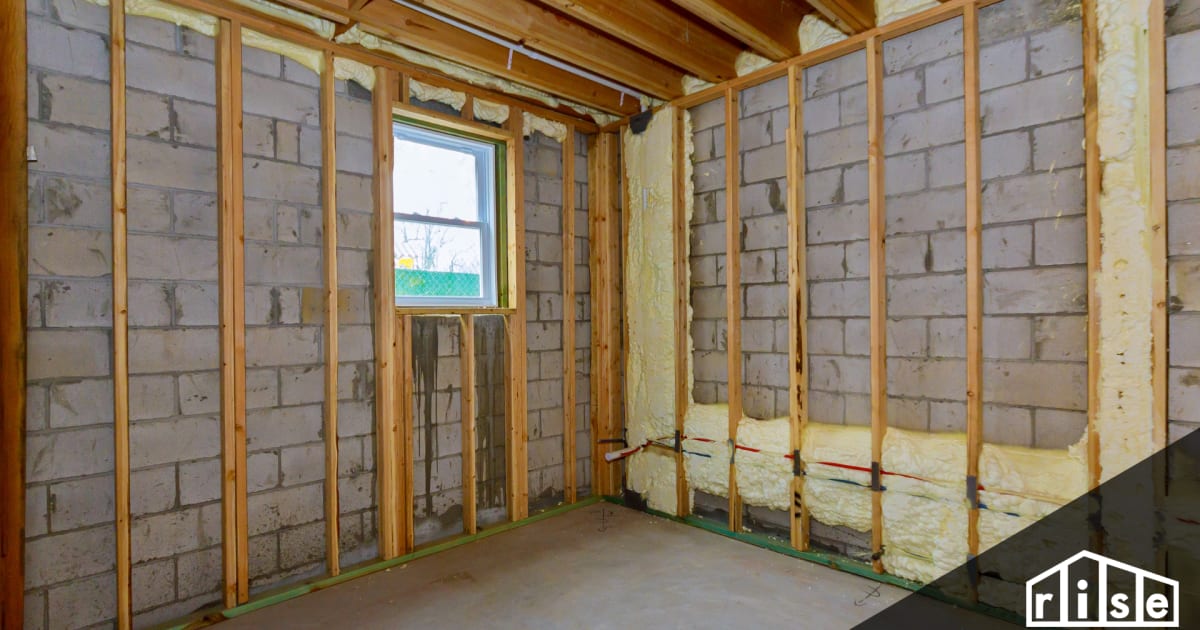
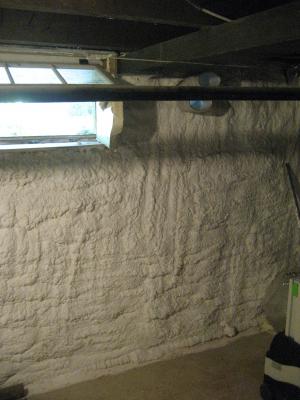
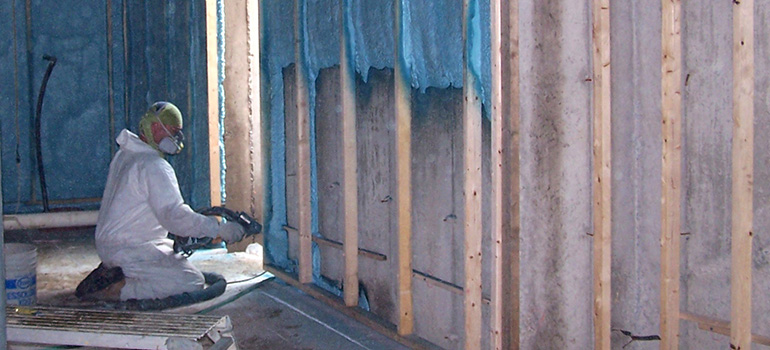
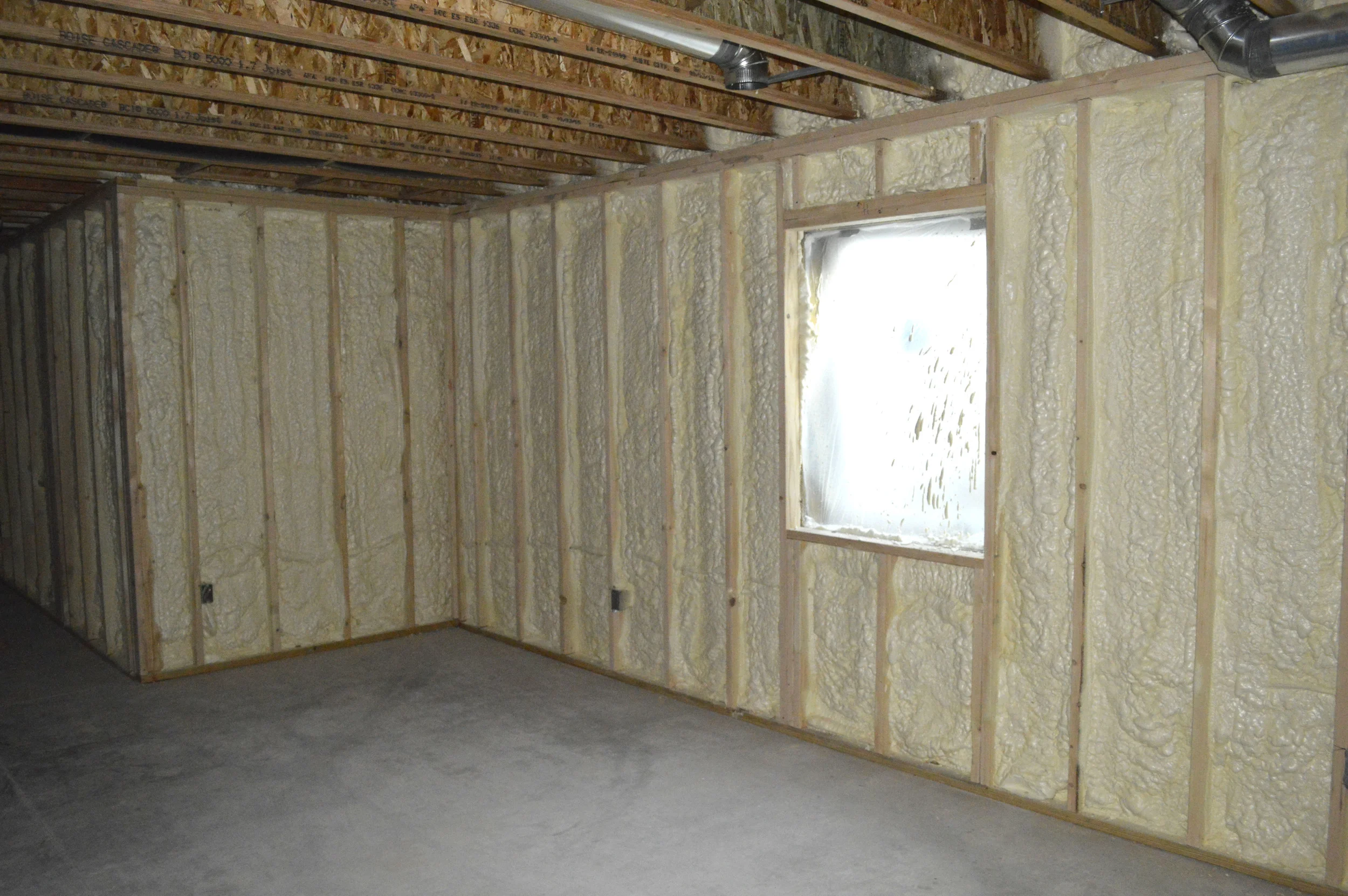



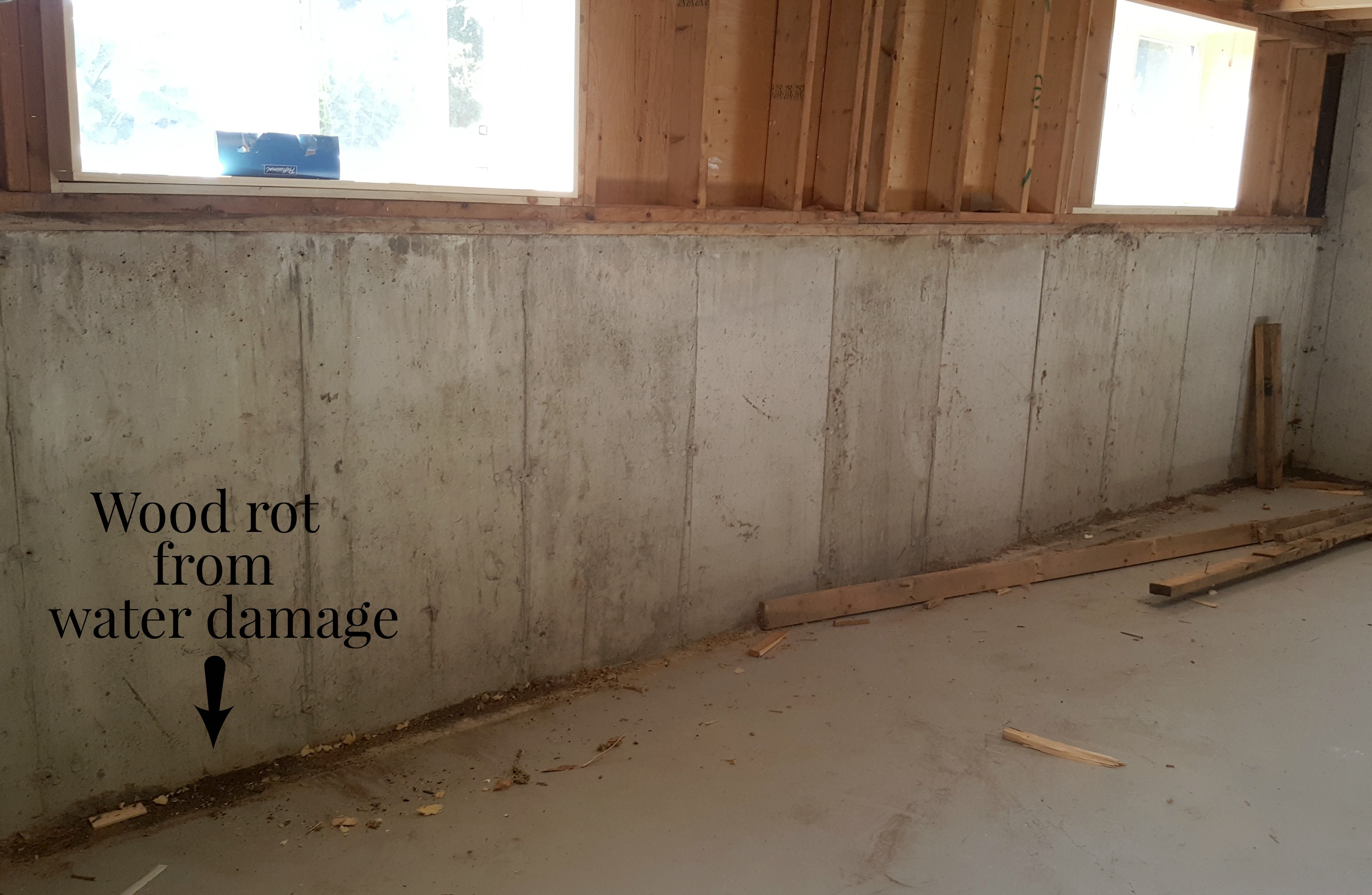



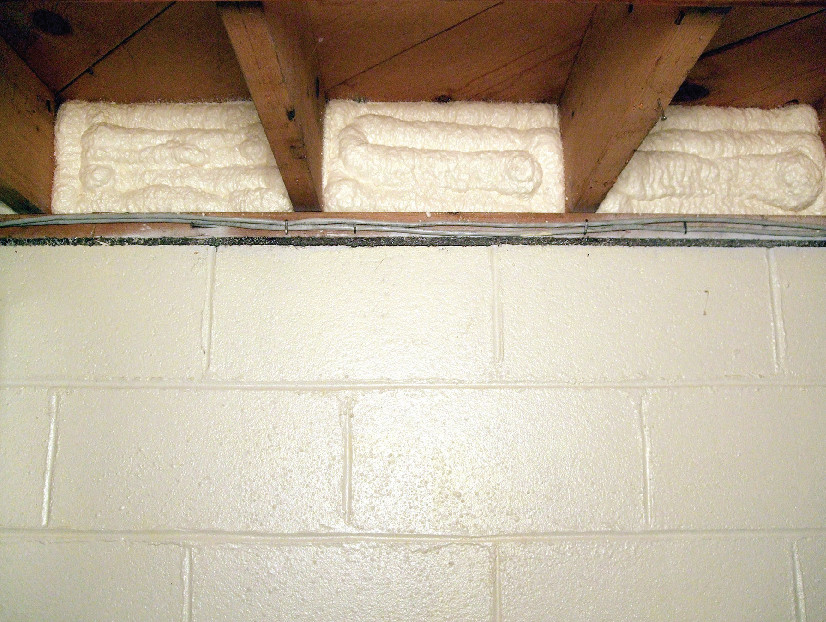

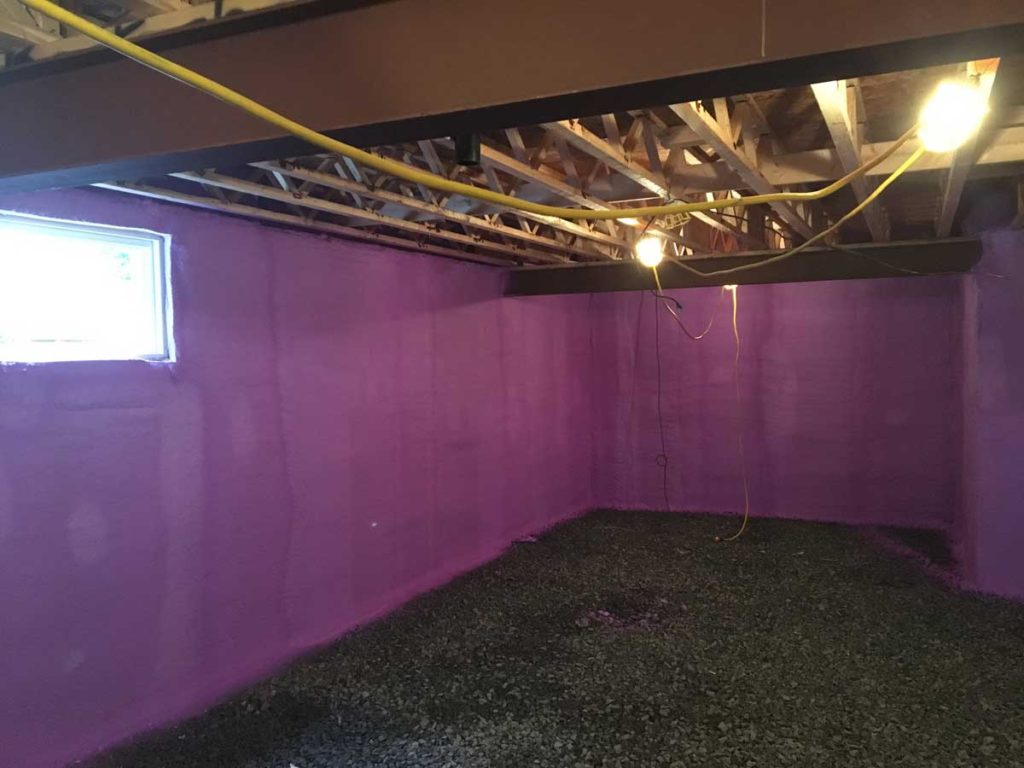














:max_bytes(150000):strip_icc()/RigidFoamInStudWallSystem-56ed84e53df78ce5f836fe4a.jpg)
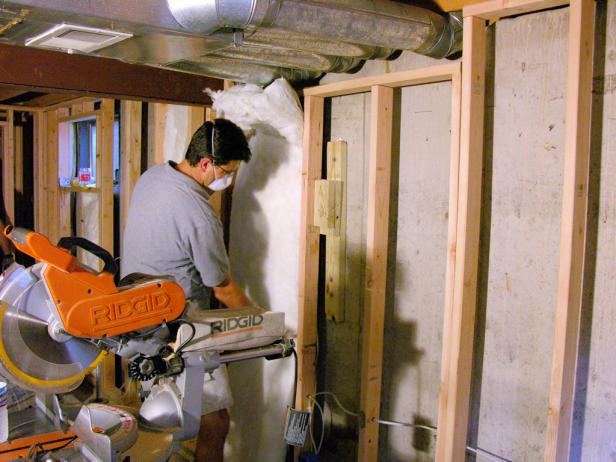
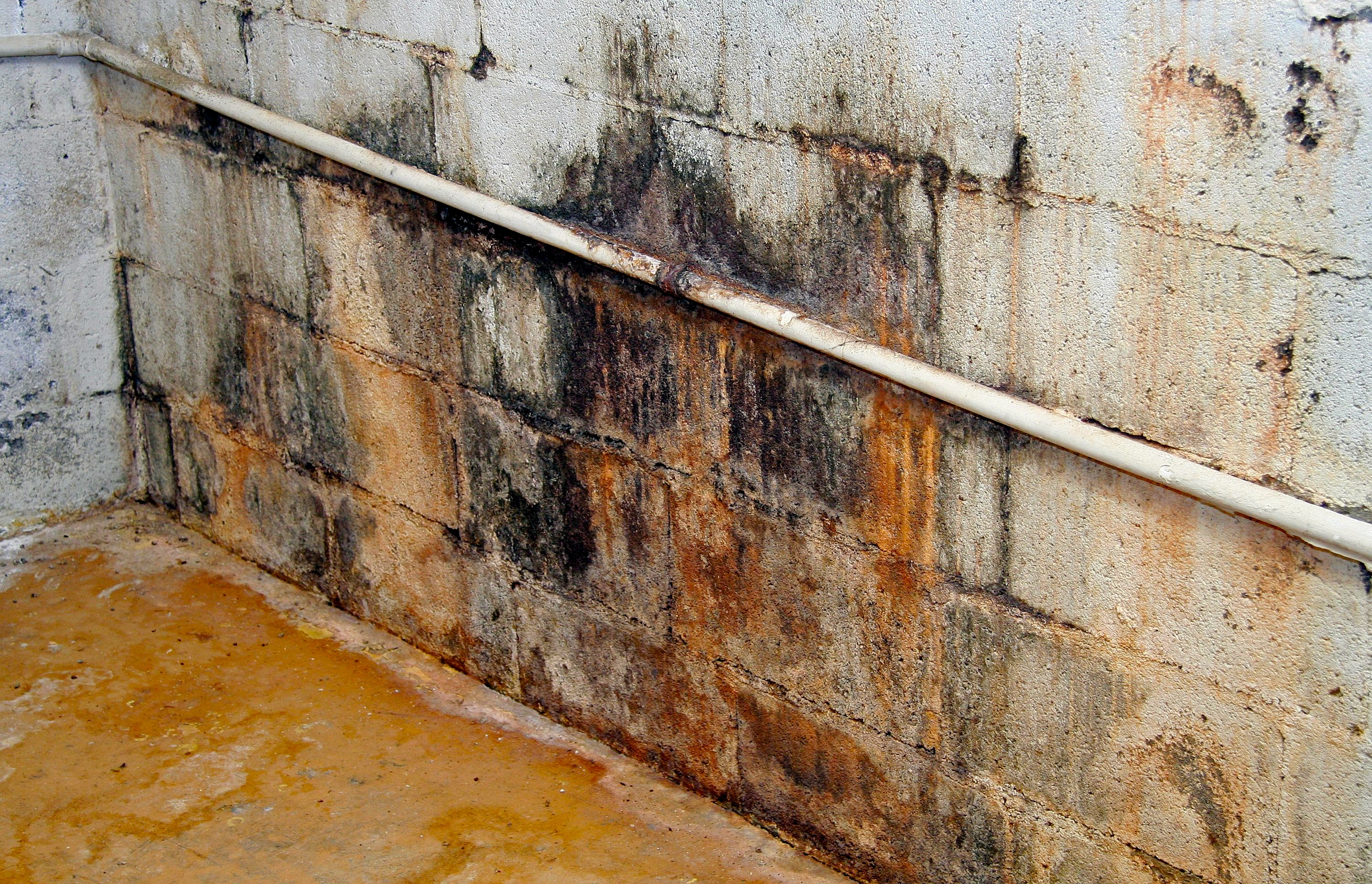



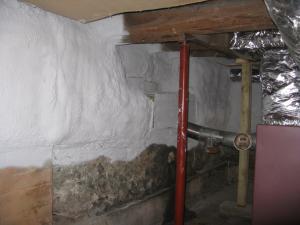
Post a Comment for "Spray Insulation For Basement Walls"